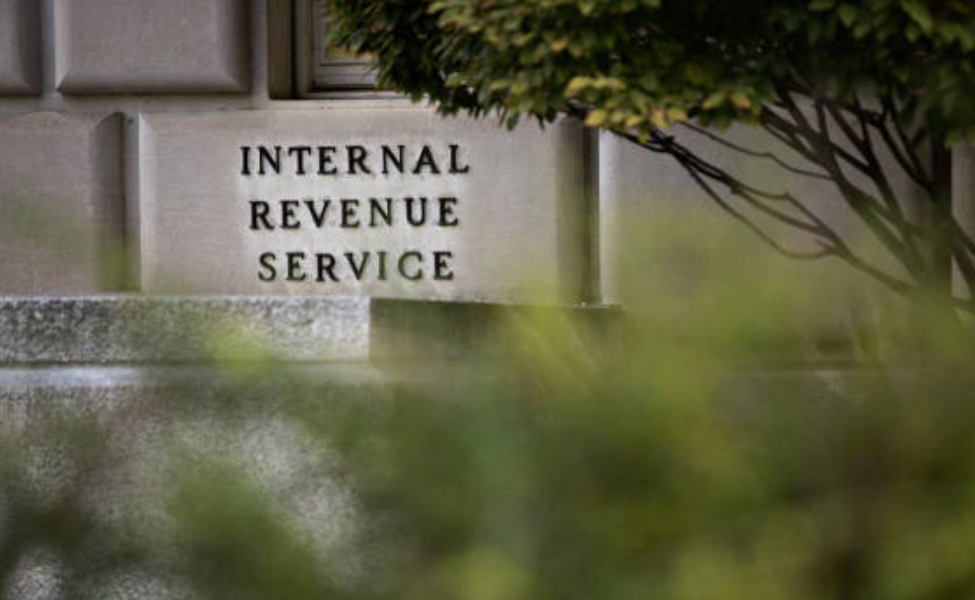The IRS is urging individuals eligible for mandatory withdrawals from retirement accounts to adhere to the requirements stipulated by federal laws.
Individuals born before 1951 must take heed of the mandatory minimum distributions from their retirement accounts (IRAs) and other retirement plans, as mandated by IRS regulations.
The recently enacted SECURE Act 2.0, effective in 2023, introduces crucial amendments concerning these obligatory withdrawals, aiming to streamline the process and mitigate penalties for non-compliance.
Notably, the legislation significantly reduced the excise tax imposed on funds in cases where mandatory withdrawals were not initiated as per regulations.
Millions of working taxpayers have invested in retirement accounts, with withdrawals often initiated before taxes were deducted from their salaries, highlighting the prevalence of retirement planning among the workforce.
For individuals born before 1951, the deadline for mandatory distributions is this year, with distributions likely already underway in most cases. However, a pivotal change in 2023 is the adjustment in the age requirement for initiating mandatory withdrawals.
IRS Penalty Modifications for Non-Compliance

The age threshold has been raised from 72 to 73, implying that individuals born in 1951 must undertake their first mandatory withdrawal by April 1, 2025, for the 2024 financial year.
Further changes stipulated by the SECURE Act 2.0 include raising the age for mandatory minimum distributions to 75 for younger retirement account holders, aligning with evolving retirement trends, and increasing life expectancies.
Moreover, the legislation enables individuals aged 60 to 63 to make catch-up contributions of up to $10,000 to workplace plans starting in 2025, an increase from the previous limit of $7,500 for individuals aged 50 and above.
Additionally, the Act has modified penalties associated with non-compliance. While failing to meet minimum distribution requirements previously incurred a 50% excise tax, the revised law has reduced this penalty to 25% for non-compliance from 2023 onwards, with further reductions for timely corrective measures.
Understanding these legal mandates is crucial for retirement planning, ensuring compliance with IRS regulations, and minimizing penalties associated with mandatory withdrawals from retirement accounts.


Comments are closed.